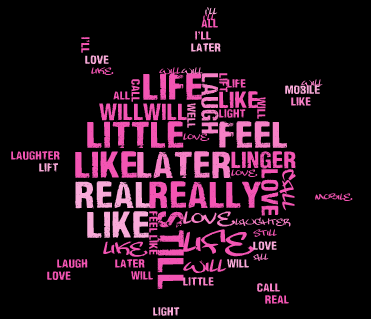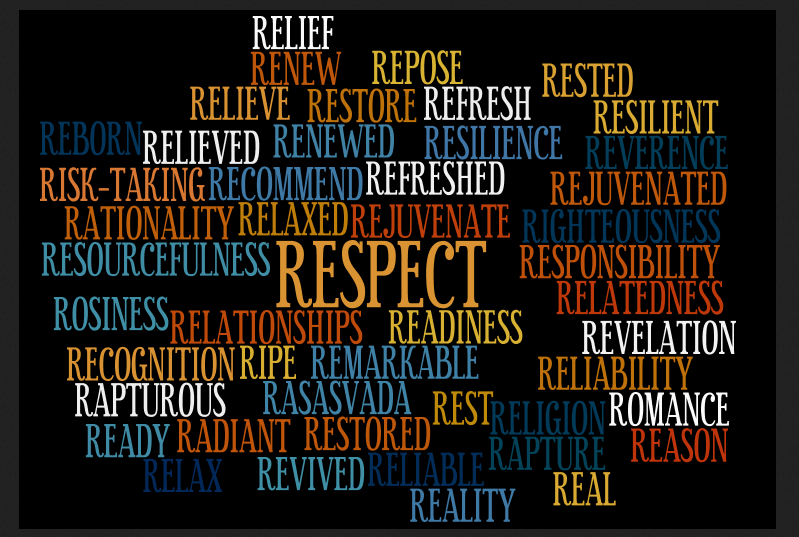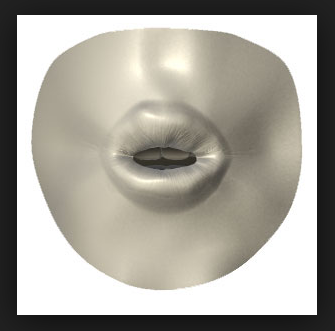When L is at the end of the word, we add an extra sound before the l, and hold this sound into the L sound. This extra sound is the vowel schwa, which sounds like "uh." To get this sound, try slowing down and sliding from one vowel to the next. For example, try the following words using the recording below:
tool (too-w-uh-l) tail (tay-y-uh-l) feel (fee-y-uh-l) fuel (fyoo-w-uh-l)
0 Comments
The American R can be a challenging sound for non-native speakers, even those who speak other English dialects. In some accents, the r sound is rolled or trilled. In others, it sounds more like vowel schwa, or the sound "uh." Did you know that the "r" sound is different depending on where it falls in the word? You may have no trouble saying the "r" in red or really, but struggle with the "r" sounds in bird or forever.
Whatever your difficulty, this may be a sound that needs practice at the phoneme and syllable level. Rather than trying to start by saying words with r, practice the sound by itself and in nonsense syllables. You might find the trouble is not with making this sound, but rather with breaking the habits of your old pronunciation in words. Use the recordings below to try the sound, syllables, and words in a new way.  If you learned to speak English in India, your pronunciation of American English will be affected by both your native language(s) and the Indian English Dialect. Whether you first spoke Hindi, Telugu, Tamil, Gujarati, Punjabi, Bengali or another language, it is likely that you have some of the following pronunciation patterns that contribute to your accent when speaking English. You can use this chart to identify which pronunciation targets you can work on to improve your American Accent. Many sounds link to practice materials or further information. Want to learn more about the American Accent? Subscribe to our special online practice site for speakers of Indian English. Videos, audio recordings and more, all designed for native speakers of Indian Languages. Subscribe today! Pronunciation errors on the "w" and "v" sounds are common for those with a variety of language backgrounds. For most, learning how to clearly differentiate the two sounds is an important step in pronouncing them correctly. These sounds can be distinctly identified and produced by how they are formed with the mouth.
Next, try these minimal pair words with w and v. Make a clear distinction between rounded lips w, and lip on teeth v. Practice with the recording below.
 Your native language background will affect your American English in terms of pronunciation, intonation, grammar and vocabulary. Whether you first spoke Hindi, Gujarati, Telugu, Bengali, Tamil, Punjabi or another language, what you heard and learned first shapes your phonological development (your sound system for listening and speaking). Indian English is a dialect of English and it might have been the first English you heard and spoke. The patterns of Indian English will also affect your American English pronunciation and intonation. Here are some things you might expect if you are a speaker of Indian English: Pronunciation: You may have difficulty with the w and v sounds. Your "th" sounds may sound like t or d. You may have trouble with the sounds at the ends of words, especially b, d, g, ng, and z. Your r sounds might be rolled at the beginnings of words and might sound like "uh" in the middle and at the ends of words. You might use pure vowels "ah, o, oo, ay and ee" and have trouble with American short vowels and diphthongs (gliding from one vowel to another). Intonation: While you are likely able to understand American Intonation and how different patterns change the meaning of a sentence, you might speak with intonation that is difficult for the American listener to understand. This could include stressing the incorrect word in a sentence or syllable in a word. Rate: You might feel that speaking quickly is a more American style, or that you will be perceived as more intelligent if you speak faster. In reality, speaking too quickly can lead to more pronunciation and intonation errors. More important than a fast rate is using appropriate suprasegmentals, such as linking, blending and liaisons between words. Understanding what your accent is comprised of is the first step in making changes to increase how well you are understood when speaking American English. Take a free screening for information about your accent here. |
Subscribe to this blog:
Categories
All
Archives
March 2021
Copyright 2020
Christine Dunbar Have Questions?
Get A Free Consultation We offer a free 30-minute phone consultation. Schedule yours now. |





 RSS Feed
RSS Feed



